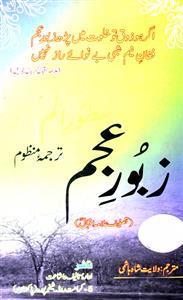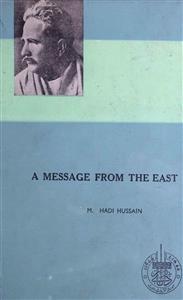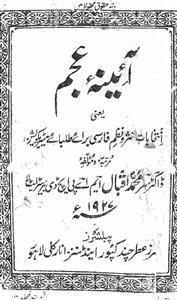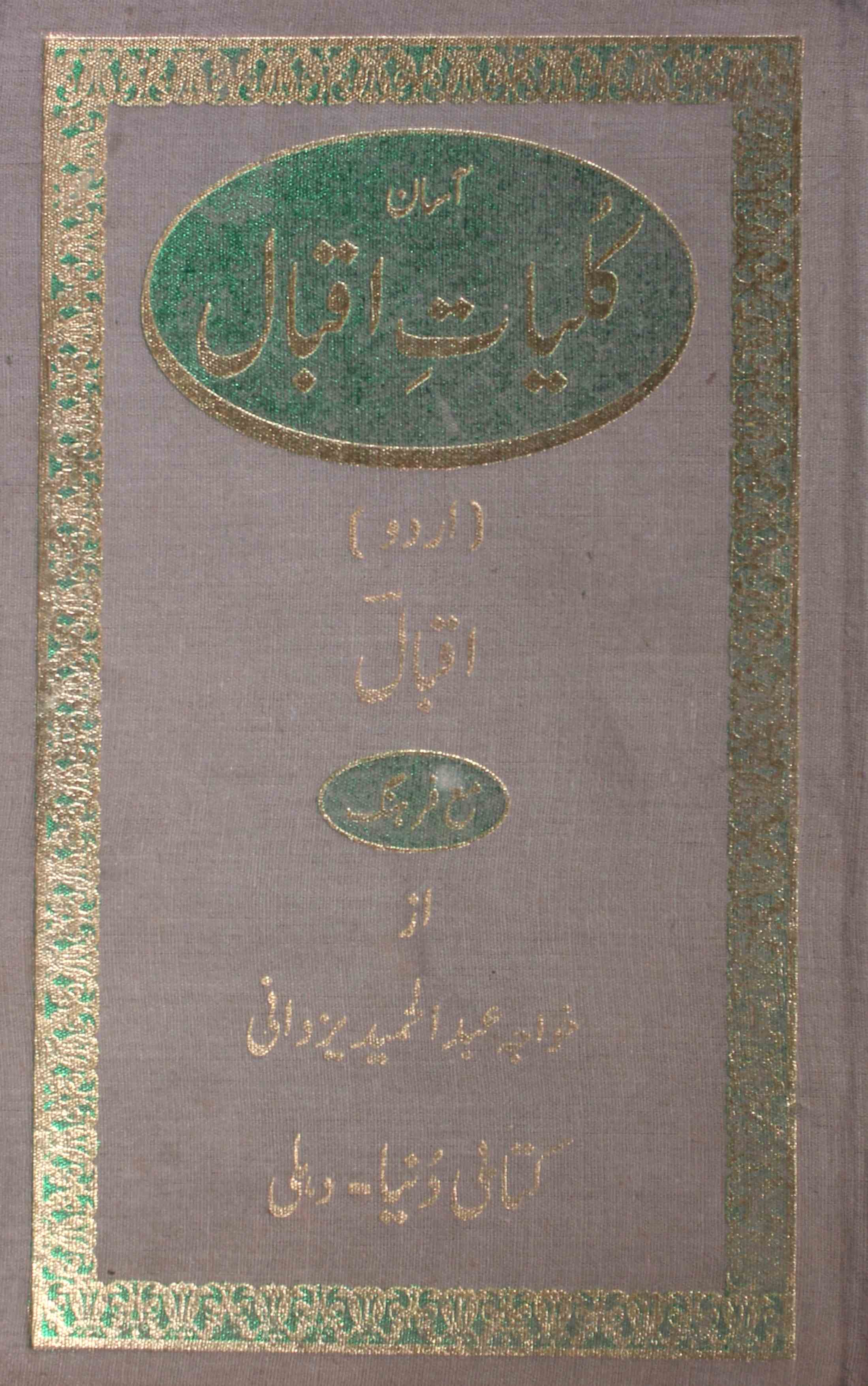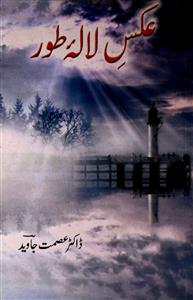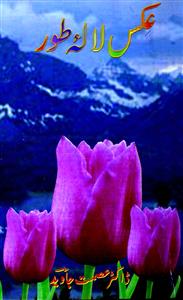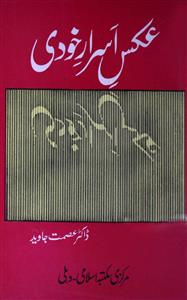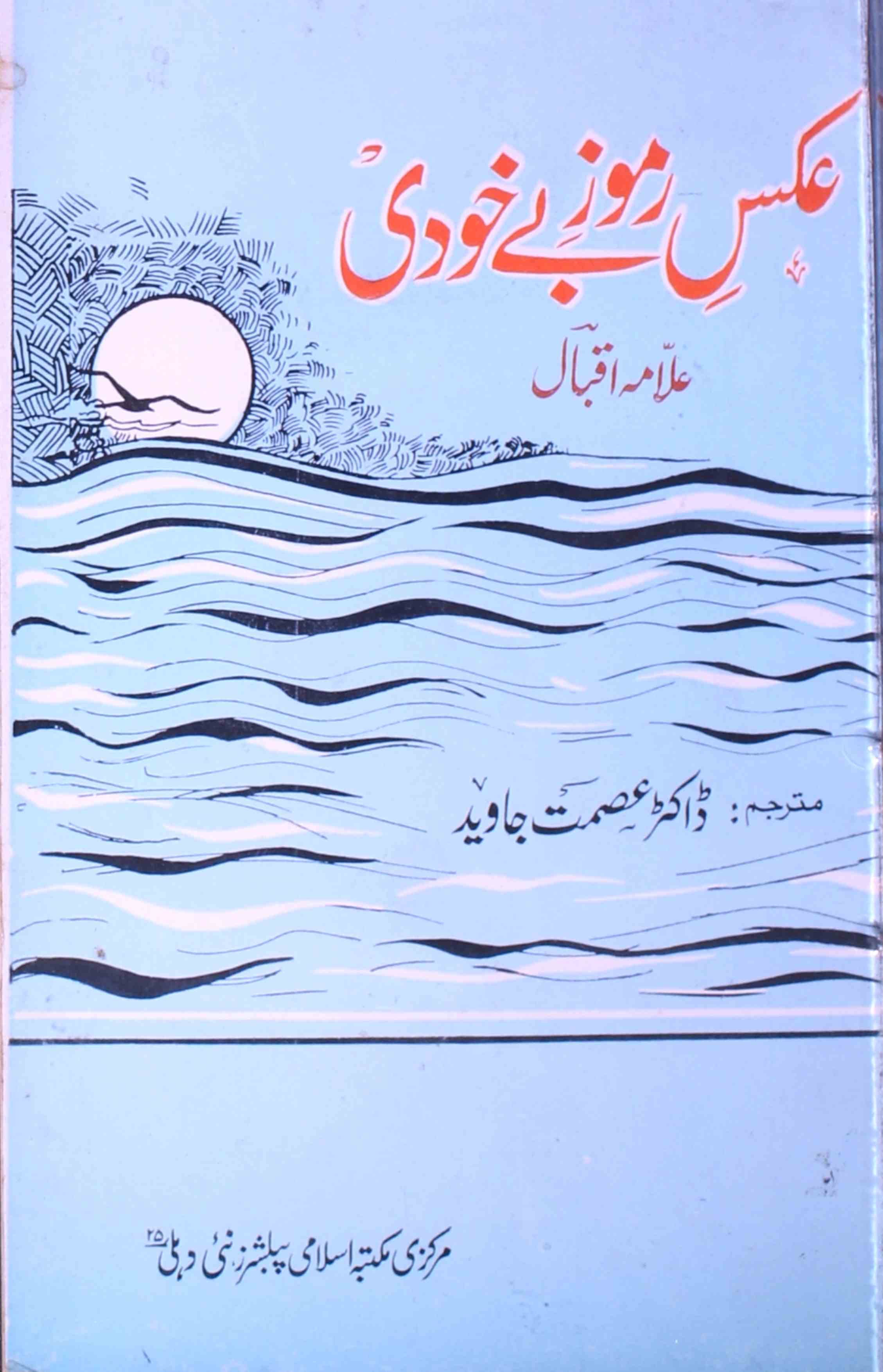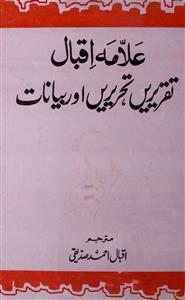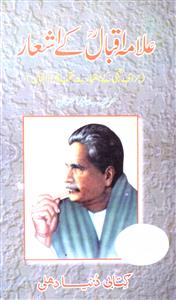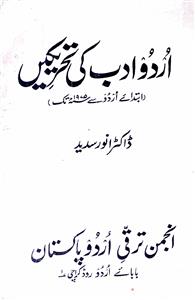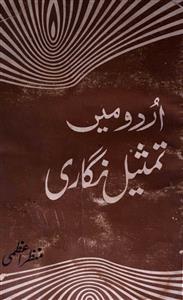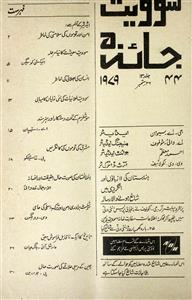 For any query/comment related to this ebook, please contact us at haidar.ali@rekhta.org
For any query/comment related to this ebook, please contact us at haidar.ali@rekhta.org
About The Book
اقبال کا شمار بیسویں صدی کے ممتاز شاعر، مصنف، ماہر قانون اور فلسفی کے طور پر ہوتا ہے۔اقبال اردو اور فارسی دونوں زبانوں میں شاعری کرتے تھے۔انہوں نے اردو غزل کو زلف و رخسار سے نکال کر نئے موضوعات سے آشنا کروایا اور اردو نظم کے ارتقا میں اہم رول ادا کیا۔ اقبال کی شاعری کائنات کی اٹل سچائیوں کا اعتراف ہے جس میں تعمیر حیات کا پہلو سب سے نمایاں ہے۔ اقبال نے اپنی شاعری سے سوئے ہوئے ذہنوں اور انسان کو بیدار کرنے کا کام کیا اور خودی کا تصور دیا جس سے انسان خود کو پہچان سکے ۔ مذکورہ کتاب زبورِعجم علامہ اقبال کا فارسی شعری مجموعہ ہے۔ یہ کتاب 1927ء میں شائع ہوئی۔ زبورِ عجم میں مثنوی گلستان راز جدید اور بندگی نامہ شامل ہیں۔ اس کتاب کو علامہ اقبال نے چار حصوں میں تقسیم کیا ہے۔ پہلے دو حصوں میں غزلیں شامل ہیں اور آخری دو حصوں میں نظمیں شامل ہیں۔ زیر نظر زبور عجم کا منظوم ترجمہ ہے جس کو ولایت علی شاہ نے انجام دیا ہے۔ اور اس منظوم ترجمہ کو سطور الم سے موسوم کیا ہے۔
About The Author
Mohammad Iqbal (1877-1938), a descendant of a Kashmiri Brahmin family that had embraced Islam in the seventeenth century, was born and settled in Sialkot. After a traditional education in Arabic, Persian, and Urdu, he was exposed to a liberal education that defined the contours of his thought and his poetry during the entire period of his life. Beginning his educational career at the Scottish Mission School, he went on to acquire his M. A. in Philosophy, before joining Trinity College, and later earning the degree of Bar-at-Law. He furthered his education by getting the degree of doctorate from Germany on The Development of Metaphysics in Persia. He worked in different capacities at different points of time; he taught philosophy, practised law, got involved in politics, and also attended the second Round Table Conference. Even while he favoured the idea of the creation of Pakistan and is venerated there as the national poet, he wrote the famous patriotic song that celebrates the greatness of India. King George V decorated him with knighthood and he was called Sir Mohammad Iqbal thereafter.
Iqbal wrote both in Persian and Urdu, and is often regarded as the poet-philosopher of the East who addressed the Muslim ummah, believed in the philosophy of wahdatul wujood, and propounded the philosohy of khudi, or selfhood, which called for self-realisation and the discovery of the hidden talent with love and perseverance. Beyond that lay the stages of complete submission and forgetfulness which, he thought, was the ultimate stage of khudi. Iqbal dreamt of the ‘complete man’ and also entered into a metaphoric dialogue with the divine. His poetry emerged as a remarkable site where message and art coalesced, as he re-configured major poetic devices like metaphor, myth, and symbol to re-visit history, philosophy and the Islamic faith to develop his individual vision. He has left behind his collections of poems, Asraar-e Khudi, Rumooz-e Bekhudi, Baang-e Daraa, Baal-e Jibreel, Payaam-e Mashriq, Zaboor-e ‘Ajm, Javed Naama, Zarb-e Kaleem, and Armaghaan-e Hijaz, apart from his lectures collected in English as The Reconstruction of Religious Thought in Islam, and other works on the Eastern worldview.
 For any query/comment related to this ebook, please contact us at haidar.ali@rekhta.org
For any query/comment related to this ebook, please contact us at haidar.ali@rekhta.org
Write a Review
Jashn-e-Rekhta | 13-14-15 December 2024 - Jawaharlal Nehru Stadium , Gate No. 1, New Delhi
Get Tickets